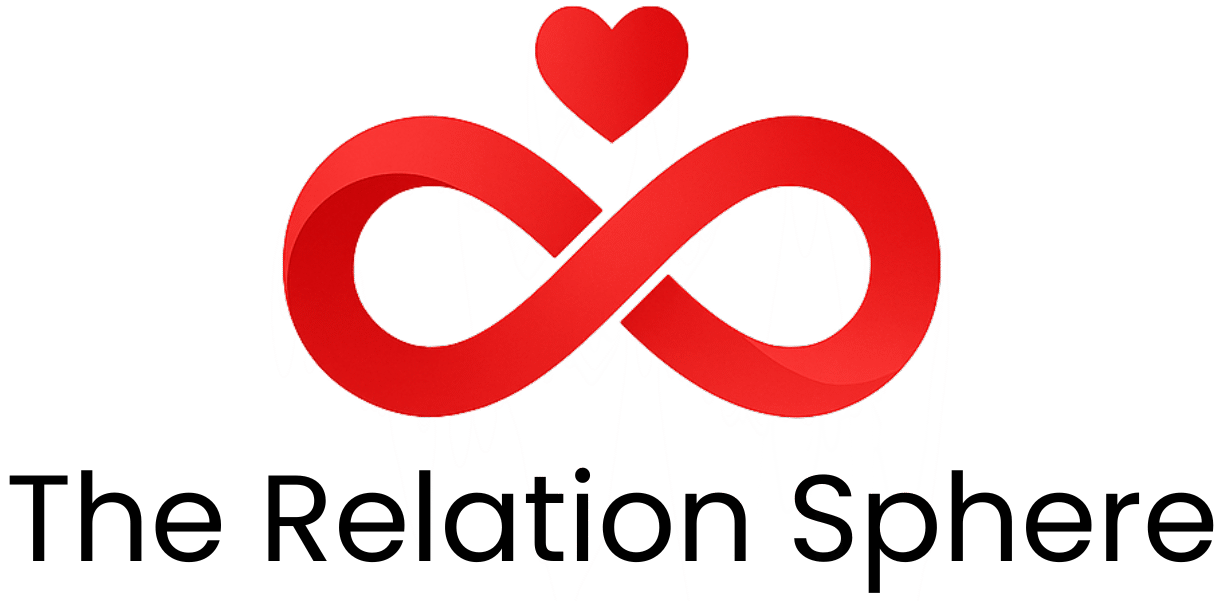1. Introduction
Navigating office politics with integrity is an essential skill for career advancement and fostering a positive work environment. Just as desert travel tips emphasize preparation and awareness before venturing into challenging environments, mastering office politics requires careful planning, honesty, and strategic relationship-building. When approached ethically, office politics can transform from a battleground into a space for authentic growth and trust. This comprehensive desert expedition guide for office diplomacy will equip you with the desert travel advice and desert adventure tips necessary to navigate complex workplace dynamics effectively and ethically, ensuring your professional journey remains both successful and principled.

2. Understand the Dynamics of Office Politics
Before embarking on your journey through workplace politics, much like preparing for a desert trek, you must understand the underlying forces at play. Office politics involve subtle power plays, alliances, and influence that shape organizational culture—similar to navigating the sandy terrain exploration in arid regions. Recognizing these forces allows you to employ desert navigation techniques and desert safety tips to remain aligned with your values while making strategic decisions. Think of organizational culture as the vast Sahara, where understanding the terrain helps you avoid pitfalls and identify the best routes forward. Incorporate desert climate preparation and desert wildlife encounters as metaphors for reading the environment and adapting accordingly, which is essential for maintaining your integrity amidst political challenges.
3. Build Genuine Relationships with Colleagues
Creating authentic connections is the cornerstone of ethical office politics. Building trust through transparency and active listening mirrors the importance of desert trekking and desert trip planning, where knowing your surroundings and communicating clearly ensure a safe journey. Just as a desert expedition guide emphasizes the desert packing list and best time to visit desert for safety, cultivating sincere relationships requires preparation and timing. Consider external tools like the “Love & Respect” hardcover or the “The Seven Principles for Making Marriage Work” as essential to developing deeper emotional understanding, which directly translates into workplace rapport. When colleagues see your sincerity, they are more likely to support you confidently, fostering a positive and resilient professional environment.

4. Practice Transparent and Honest Communication
Open and transparent communication acts as the oasis in the desert—crucial for maintaining integrity during office politics. Just as desert adventure tips stress the importance of clear routes and navigational accuracy, honest dialogue builds trust and reduces misunderstandings. Using tools like Love & Respect or the “Let’s Get Deep” question card game can enhance your communication skills, fostering authenticity. Avoid manipulative tactics, which are akin to trying to cross sandy terrain without a map, leading to confusion and conflict. Prioritize clarity and constructive feedback, ensuring your reputation as a reliable and ethical professional remains intact, much like a seasoned desert traveller who respects the environment and fellow explorers.
5. Uphold Ethical Standards and Professional Integrity
Just as desert safety tips emphasize the importance of respecting the environment and conserving resources, maintaining ethical standards in office politics ensures a healthy organizational climate. Upholding moral standards protects your reputation and sets a precedent for colleagues, similar to how desert survival strategies focus on conserving water and energy. Incorporate the principles outlined in “The Inner Work of Relationships” to create a mindful approach to your interactions, emphasizing fairness and honesty. Consistent adherence to these standards cultivates trust and credibility, fostering a professional landscape where integrity flourishes like resilient desert flora.
6. Manage Conflicts Ethically
Conflicts are inevitable, much like encountering unpredictable weather in the desert. Navigating them effectively requires using desert navigation techniques—listening actively, seeking common ground, and avoiding gossip or personal attacks. Respecting differing viewpoints is akin to respecting various desert wildlife encounters, which enrich the ecosystem. When disagreements arise, model conflict resolution strategies recommended in “Love More, Fight Less,” focusing on constructive dialogue. This ethical approach prevents escalation and preserves your integrity, ensuring you continue the journey with honor and professionalism, similar to a desert trekker who values respect and awareness of their surroundings.

7. Lead by Example and Demonstrate Integrity
True leadership in office politics mirrors the role of a desert expedition leader—setting the path with honesty, transparency, and respect. Show accountability and demonstrate desert trek safety tips, such as hydration and route planning, through your actions. When colleagues observe your consistent integrity—modeled after desert landscape photography where each shot captures honesty and beauty—they feel inspired to follow suit. This creates a ripple effect, cultivating a workplace culture rooted in trust and ethical behavior, much like a well-organized desert expedition that respects the environment and its explorers.
8. Leverage Ethical Influence for Career Growth
Influencing others ethically is like using desert navigation techniques—they inspire confidence and trust. Use your authenticity to advocate for ideas and initiatives that benefit the organization, aligning with desert travel advice on desert trip planning and best times to visit. Ethical influence builds your reputation as a trustworthy leader, similar to a seasoned desert explorer who commands respect through experience and integrity. Remember, effective persuasion isn’t about manipulation, but about inspiring trust and shared vision, much like leading a group safely through sandy terrain with clear guidance.
9. Handle Office Rumors and Negative Politics with Care
Address office gossip and negativity with professionalism, akin to responding to challenging weather during desert exploration. Avoid participating in rumors and focus instead on facts and constructive talk—much like a desert wildlife encounter where respect and understanding preserve harmony. Protect your reputation by staying grounded in your core values, as you would protect yourself from the harsh elements of the desert. Using desert safety tips as a metaphor, ensure your responses are measured, steady, and respectful, maintaining your integrity in the face of negativity.

10. Continually Develop Your Emotional Intelligence and Resilience
Success in office politics with integrity hinges on emotional intelligence and resilience—much like desert survival strategies. Recognize your emotions, stay calm under pressure, and adhere to your ethical principles. Developing resilience helps you navigate complex political landscapes, similar to desert landscape photography capturing the beauty in harsh conditions. Embrace desert climate preparation by cultivating patience, adaptability, and self-awareness, all vital for a sustainable and effective career journey. These skills safeguard your integrity, ensuring your professional path remains steadfast and authentic, even in the most challenging desert terrain.
Frequently Asked Questions (FAQs) about Navigating Office Politics with Integrity
Q1: Why is integrity important in office politics?
Integrity fosters trust and credibility—crucial for long-term success—much like desert travel tips emphasize the importance of preparation and respect for the environment. Acting ethically ensures your professional reputation remains solid and promotes a positive workplace culture that thrives on honesty and mutual respect.
Q2: How can I handle workplace conflicts without compromising my values?
Approach conflicts with honesty, active listening, and respect—similar to desert expedition guides who navigate challenging environments with careful planning. Seek common ground and avoid gossip or manipulative tactics, ensuring you resolve issues ethically and maintain your integrity, much like successfully managing a desert trek despite unforeseen obstacles.
Q3: What are some effective desert travel tips for arid region travel?
While focused on desert travel, these tips also apply to navigating difficult office environments. Prioritize hydration, plan your routes carefully with desert trip planning, and always know the best time to visit desert regions to maximize safety and enjoyment—an analogy for choosing the right moments in workplace negotiations and political engagement.
Q4: How do I prepare for desert climate when planning a desert trek or Sahara travel?
Understanding desert climate preparation is essential. Pack desert gear essentials, learn desert navigation techniques, and familiarize yourself with desert wildlife encounters to stay safe. These principles can be translated into workplace readiness and personal development, helping you stay resilient and ethical under pressure.
Q5: What are top desert survival strategies for exploration amidst sandy terrain exploration?
Employ desert survival strategies like conserving water, avoiding high temperatures during peak hours, and documenting your journey responsibly through desert landscape photography techniques. Similarly, in your career, conserve your energy, seek calm moments, and document your growth ethically to navigate long-term professional success.
By applying these desert-based principles—adapted to office politics—you can navigate your professional landscape with integrity, fostering trust and a positive reputation. Remember, ethical behavior benefits not only your career but also contributes to a respectful, collaborative organizational culture.

